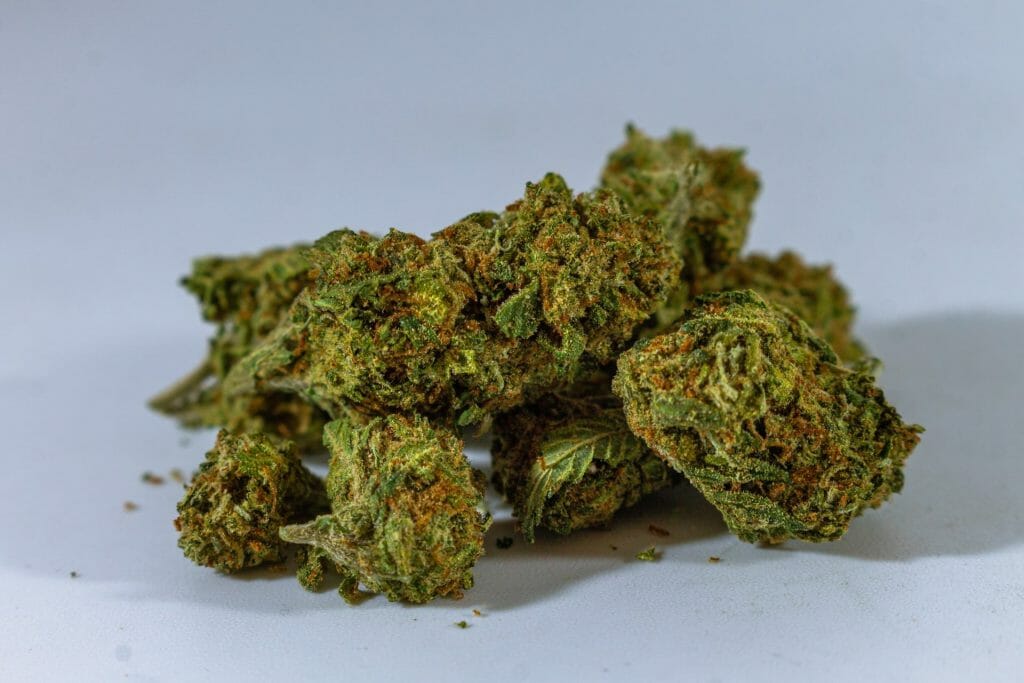The cannabis industry in Canada is rapidly adapting to the needs of health-conscious consumers, with many seeking cannabis for pain relief, muscle recovery, and stress alleviation.
From renowned athletes to wellness advocates, individuals are discovering that cannabis can serve as an effective tool for enhancing both physical and mental health. In this blog post, we will delve into how the cannabis industry is transforming the health and fitness landscape, and how Leaf2Go Canada is becoming a go-to resource for supporting overall wellness. Stop what you’re doing and continue reading to learn more about cannabis!
Table of Contents
The Science Behind cannabis and Wellness
How cannabis Works in the Body
cannabis interacts with the body’s endocannabinoid system, a complex network of receptors and neurotransmitters that regulates various physiological functions such as mood, appetite, pain perception, and immune responses.
Tetrahydrocannabinol (THC) and cannabidiol (CBD) are the primary components of cannabis that engage with the endocannabinoid system. THC is responsible for the psychoactive effects, while CBD offers potential medicinal benefits without the high.
When cannabis is consumed, THC and other cannabinoids bind to cannabinoid receptors throughout the brain, nervous system, and immune system, leading to effects such as euphoria, altered time perception, increased appetite, and mood fluctuations.
CBD may alleviate various conditions, including chronic pain, anxiety, and epilepsy, by interacting with additional receptors involved in pain modulation and inflammation rather than binding directly to cannabinoid receptors.
Effects of cannabis on Wellness and Fitness
While further research is needed on cannabis, some studies have indicated promising results. Below are a few highlights:
Pain Management
For numerous individuals suffering from chronic pain or injuries, cannabis may offer significant relief. Many chronic pain patients report reduced discomfort when utilizing cannabis.
Muscle Recovery
Utilizing cannabis can aid in muscle recovery post-exercise. Research published in the International Journal of Physical Education, Sports and Health shows that athletes who consumed CBD after workouts experienced faster recovery and significantly less muscle soreness at intervals of 24, 48, and 96 hours afterward.
Stress Relief
Recent studies suggest that cannabinoids may be beneficial in managing PTSD. One study revealed that cannabis usage could decrease activity in the amygdala, a brain region crucial for fear responses to threats.
Another study indicates that the cannabinoids in cannabis might assist in diminishing traumatic memories. These findings suggest therapeutic potential for individuals struggling with PTSD.
cannabis and Physical Wellness
The cannabinoids found in cannabis interact with the endocannabinoid system, which helps regulate pain, inflammation, and immune function.
cannabis can effectively alleviate pain associated with neuropathy, cancer, and multiple sclerosis. THC engages the same brain receptors that are involved in pain regulation, thereby providing relief.
cannabis and Mental Wellness
The cannabinoids within cannabis have shown potential in modulating mood, anxiety, and stress levels. Research indicates that cannabis can effectively reduce symptoms of anxiety and stress.
THC activates specific brain receptors that influence anxiety and stress responses, resulting in a calming effect. CBD, another component of cannabis, is also recognized for its potential anti-anxiety properties.
Many individuals use cannabis to unwind after a demanding day or to improve their sleep quality at night. The sedative effects of cannabis may benefit those experiencing sleep issues related to stress or anxiety.
Examples of Meditation Practices that Incorporate cannabis Use
It is essential to understand that using cannabis during meditation can yield varying effects on both body and mind, and may not be suitable for everyone.
Here are some meditation practices that some individuals may integrate cannabis into:
Mindfulness Meditation
Many individuals find that cannabis helps them achieve a more relaxed and focused state, which can enhance mindfulness meditation. Some also report increased awareness of bodily sensations and emotions, key aspects of mindfulness.
Guided Meditation
Certain guided meditations are specifically crafted to complement cannabis. These meditations may include music or soundscapes designed to enhance the relaxing effects of cannabis.
Yoga Nidra
Yoga nidra is a guided meditation technique often used for relaxation and stress relief. Some find that cannabis enhances their yoga nidra experience by promoting greater relaxation and presence.
Transcendental Meditation
Transcendental meditation involves the repetition of a mantra to foster deep relaxation. Some individuals feel that cannabis helps them enter this state more readily and maintain focus on their mantra.
Conclusion
The cannabis industry is transforming the health and fitness sector, as an increasing number of individuals explore its potential health benefits. Numerous online resources, including Leaf2Go Canada, provide access to cannabis and knowledgeable staff ready to answer your questions. Ensure you are of legal age before visiting a cannabis store.
While often associated with recreational use, the potency and potential of cannabis to address various health issues are becoming increasingly recognized. From pain management to anxiety reduction, cannabis offers the potential for individuals to lead healthier, more active lives.
“`



